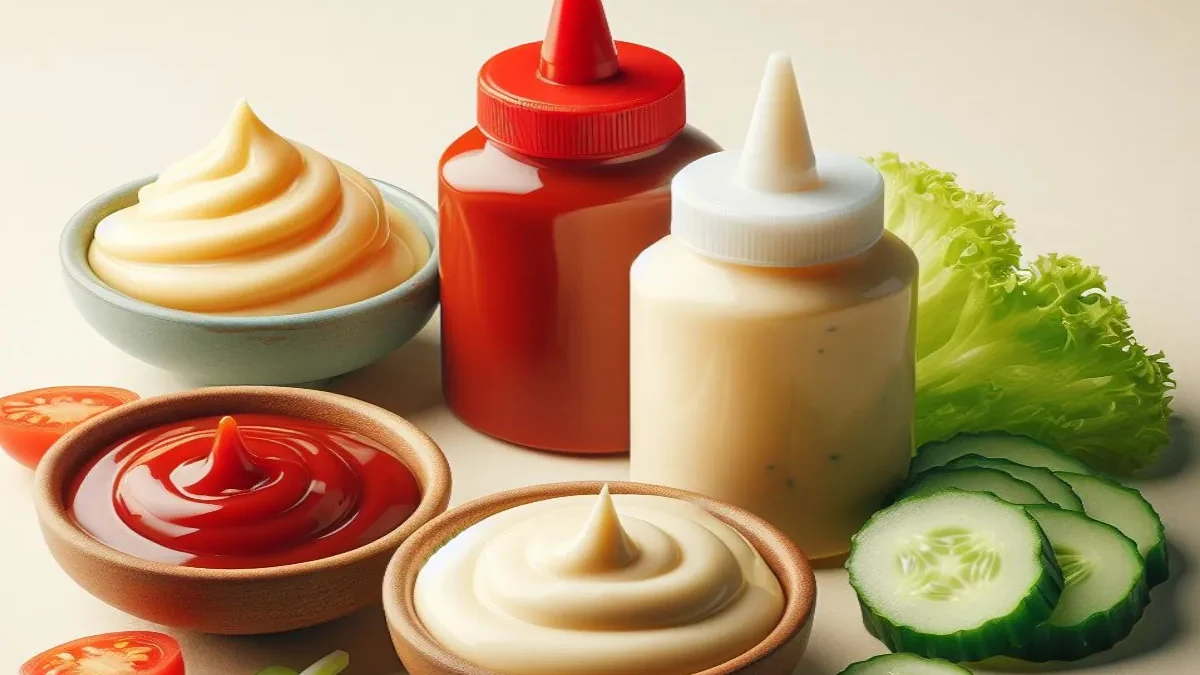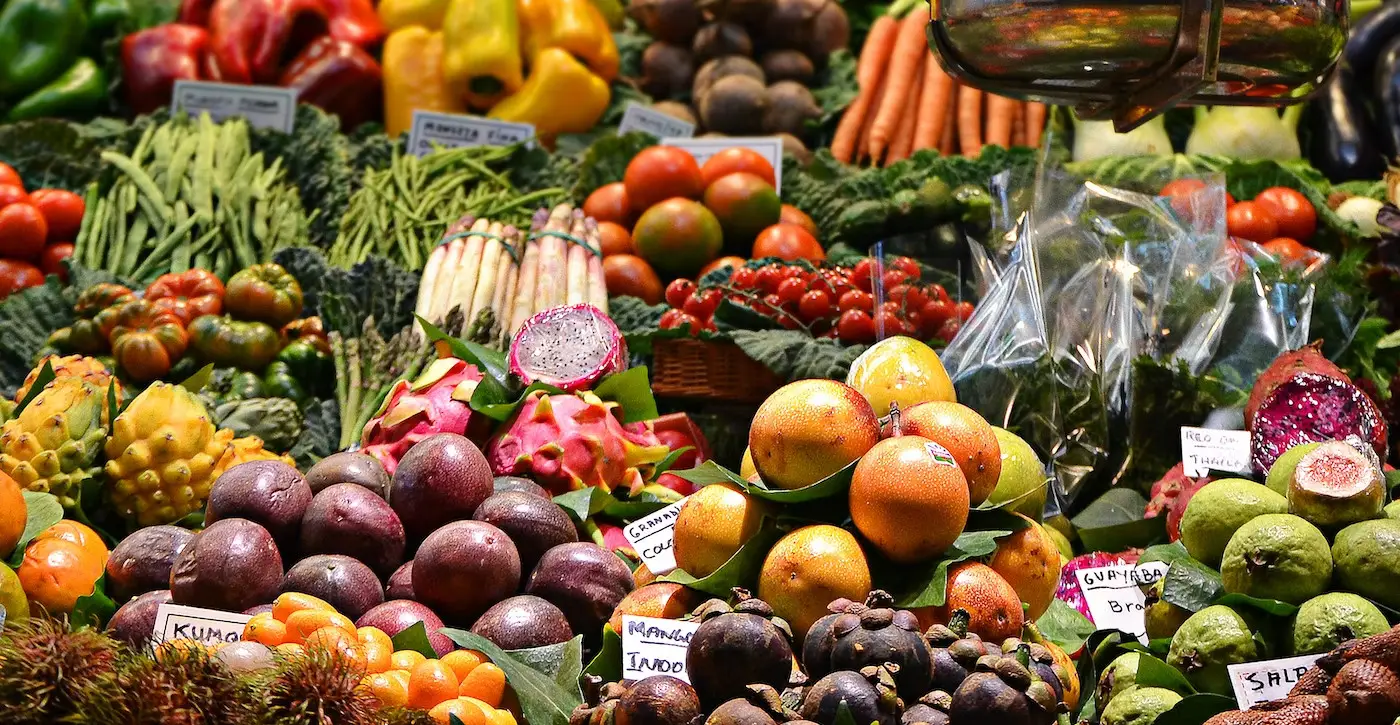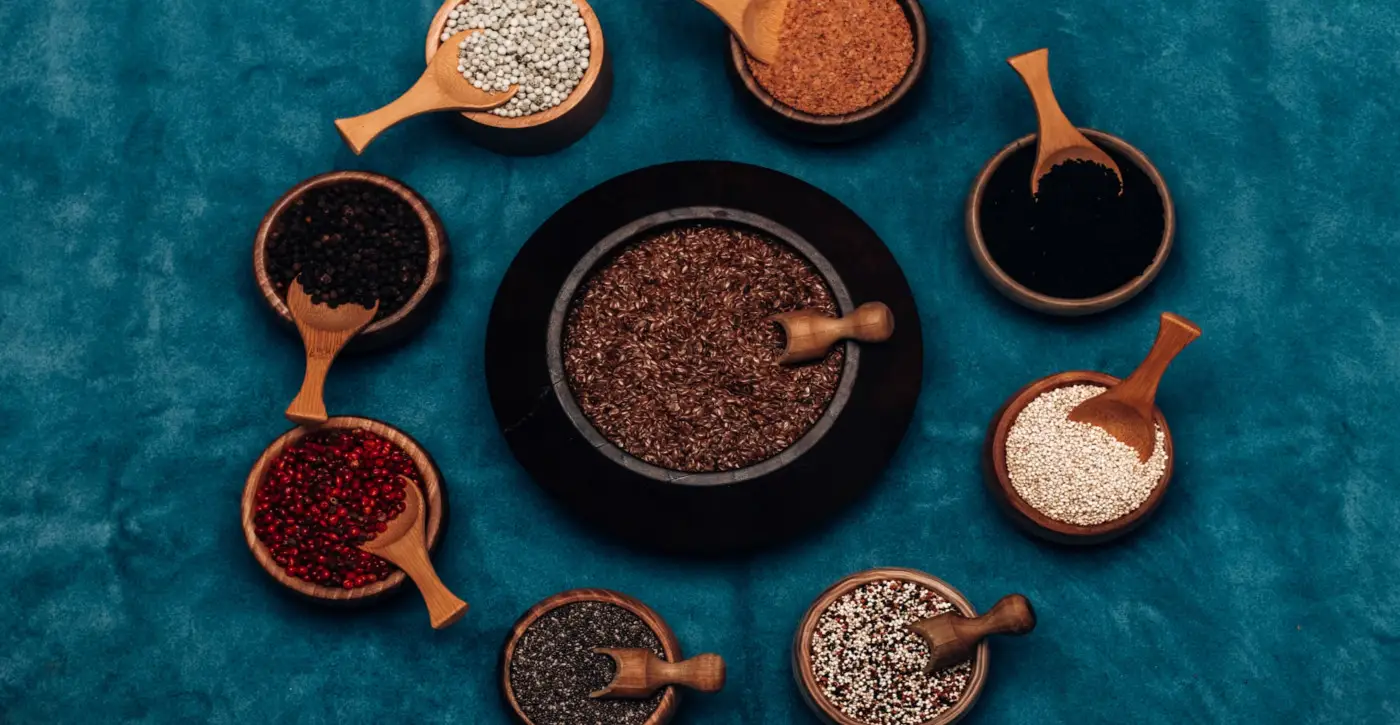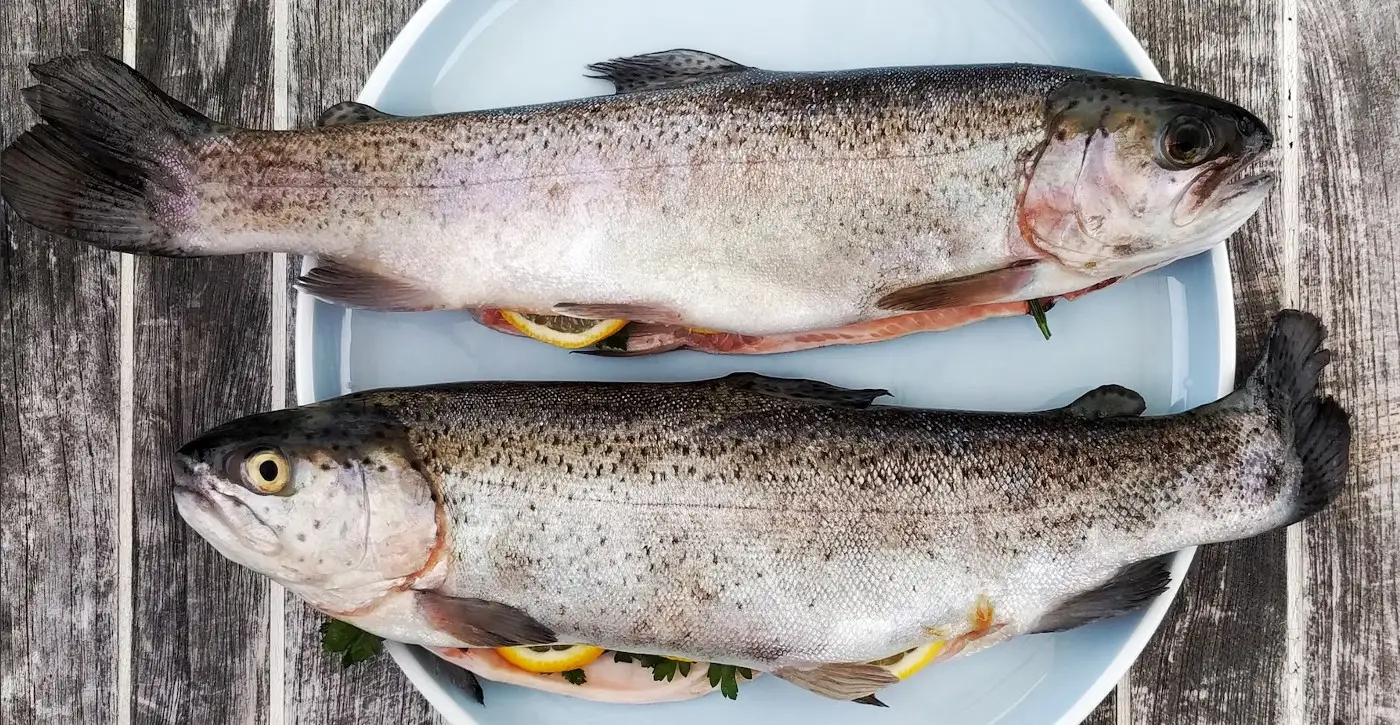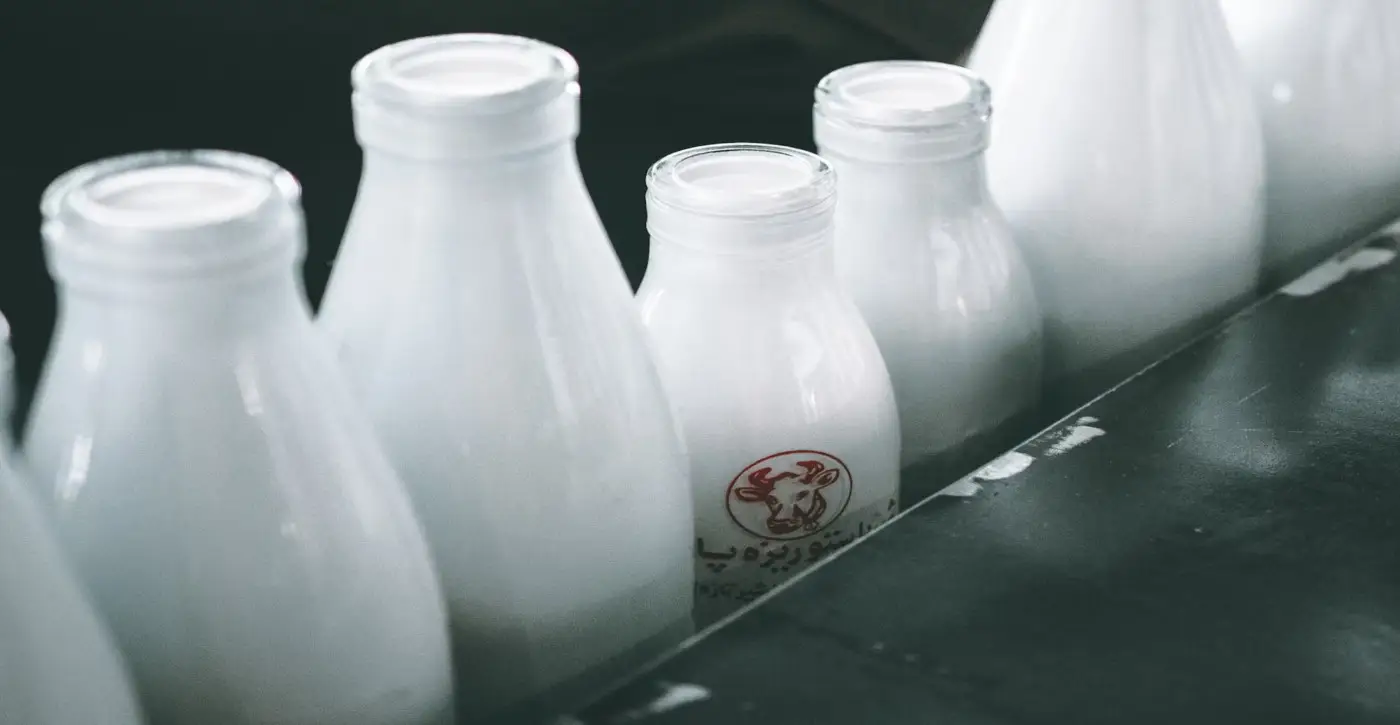Wakame Lysine and Arginine Info Sheet
Overview
Wakame is a type of edible seaweed that is often used in soups and salads in Japanese cuisine.Wakame is rich in nutrients, including iodine, calcium, and vitamins A, C, E, and K.
| Name | Lysine (mg/100g) | Arginine (mg/100g) | Ratio |
|---|---|---|---|
| Wakame | 112mg | 92mg | 1.217 |
Wakame contains 112mg of Lysine and 92mg of Arginine per 100g of product.
This means Wakame has a high Lysine-Arginine ratio of 1.217.
Because Wakame contains slightly more lysine than arginine, increasing its consumption may benefit people who suffer from herpes, as it may boost the immune system.
Lysine Considerations
Wakame is a somewhat poor source of lysine. Lysine is an essential amino acid that is important for growth, tissue repair, and the production of antibodies, hormones, and enzymes.
Lysine can help prevent or treat cold sores, which are blisters caused by the virus HSV-1, also known as herpes.
Lysine works by blocking the growth of HSV-1, which needs another amino acid called arginine to multiply and infect cells.
Lysine can only be obtained through diet, and can be found in a variety of high-protein foods like dairy, fish, eggs, meat and poultry.
Arginine Considerations
Wakame is a poor source of arginine, an amino acid that is involved in several metabolic processes and is important for heart and immune system functions.
Arginine has different functions in the body, including wound healing, helping the kidneys remove waste products from the body, and maintaining immune and hormone function.
Arginine also plays a role in the replication of the herpes virus, making it a key factor in cold sore outbreaks.
The herpes virus requires arginine to grow, replicate, and create new herpes viruses.
Foods abundant in arginine, such as nuts and chocolate, may increase the frequency and severity of these outbreaks.
Lysine-Arginine Ratio
Wakame has a higher lysine-arginine ratio, which means it provides more lysine than arginine.
A diet higher in lysine than arginine has been shown to have potential benefits for people suffering from herpes.
The herpes simplex virus, which causes oral and genital herpes, needs arginine to multiply and infect cells.
Lysine, on the other hand, can interfere with the absorption of arginine in the intestine, and thus limit the availability of arginine for the virus.
By eating a diet higher in lysine than arginine, one may be able to prevent or treat herpes flare-ups.
Foods that have a high lysine-arginine ratio include milk and cheese, fish, poultry, fruits, and vegetables.
These foods can supply the body with sufficient lysine to compete with arginine and inhibit the virus from replicating and causing flare ups.
Dietary Considerations
Algae are aquatic organisms that can perform photosynthesis, such as seaweed, kelp, and spirulina.
Algae are abundant in protein, minerals, and antioxidants. Some algae have more lysine than arginine, such as spirulina, chlorella, and nori.
These algae can help prevent or treat herpes outbreaks, as lysine can block the activity of arginine.
Other algae have more arginine than lysine, such as kelp, wakame, and dulse.
These algae can trigger or worsen herpes outbreaks, as arginine can stimulate the herpes virus.
Algae should be balanced with other lysine-rich foods, such as dairy, fish, or poultry.
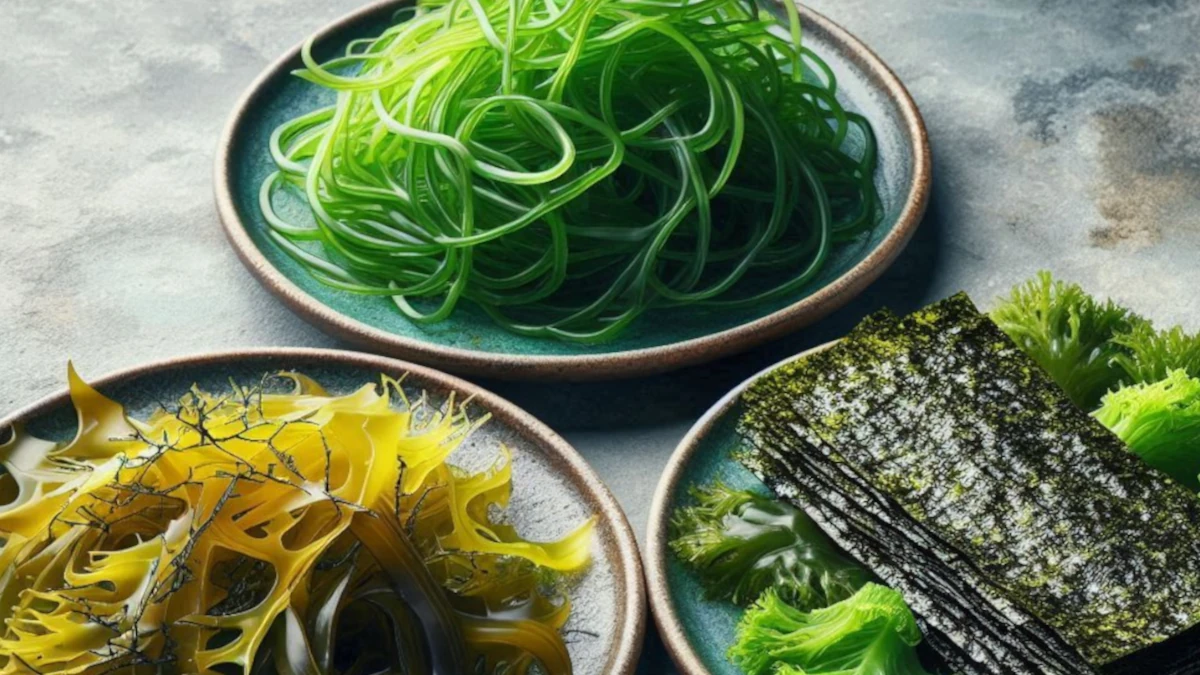
For example:
Eating a balanced and nutritious diet that supports your immune system and reduces inflammation.
This means consuming plenty of fruits, vegetables, whole grains, lean protein, and healthy fats, and avoiding processed foods, added sugars, alcohol, and caffeine.
Drinking enough water to keep yourself hydrated and remove toxins from your body.
Water can also help prevent dryness and irritation of the skin and mucous membranes, which can result in fewer outbreaks.
Consider taking l-lysine supplements, which can help prevent herpes outbreaks and stop a cold sore before it emerges by limiting the availability of arginine for the virus, which it requires to produce a cold sore.
Taking other food supplements that can improve your immunity and protect your cells from oxidative stress, such as vitamin C, zinc, selenium, and antioxidants.
Eating foods that can soothe your symptoms and speed up your healing process, such as honey, yogurt, aloe vera, and chamomile.
These foods have anti-inflammatory, antiviral, and antibacterial properties that can reduce pain, swelling, and itching, and promote tissue repair.
Check more food information
